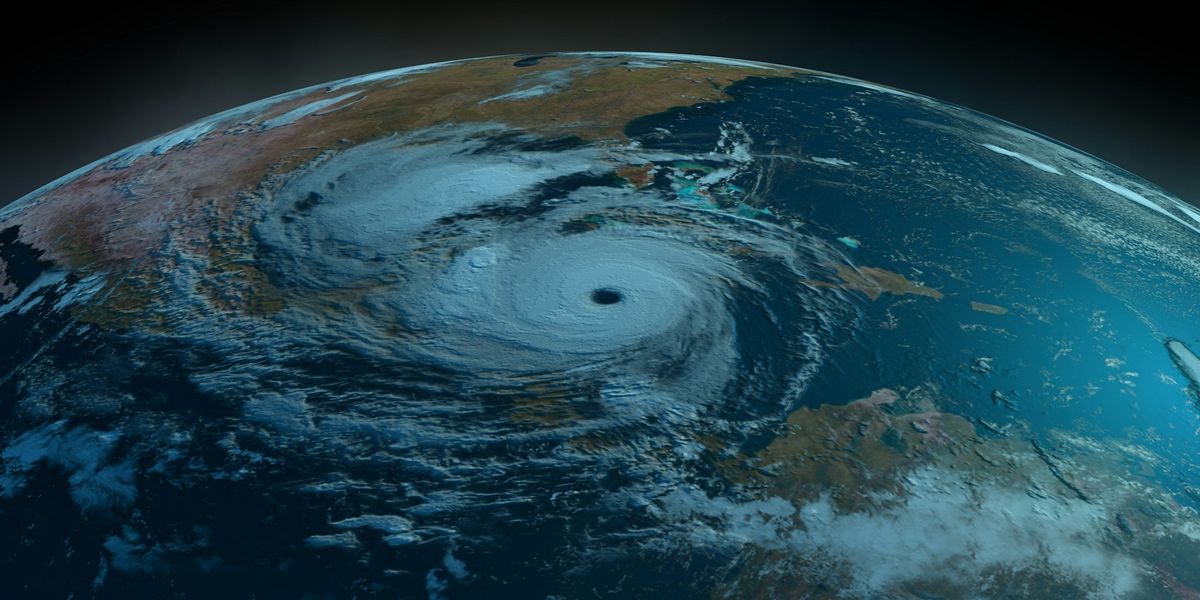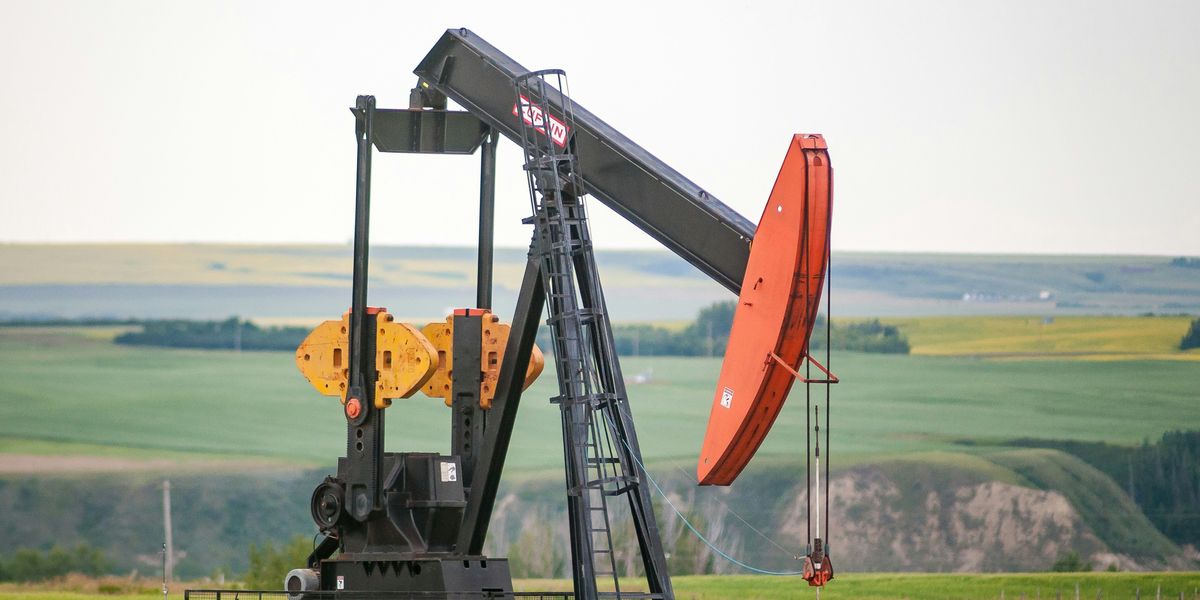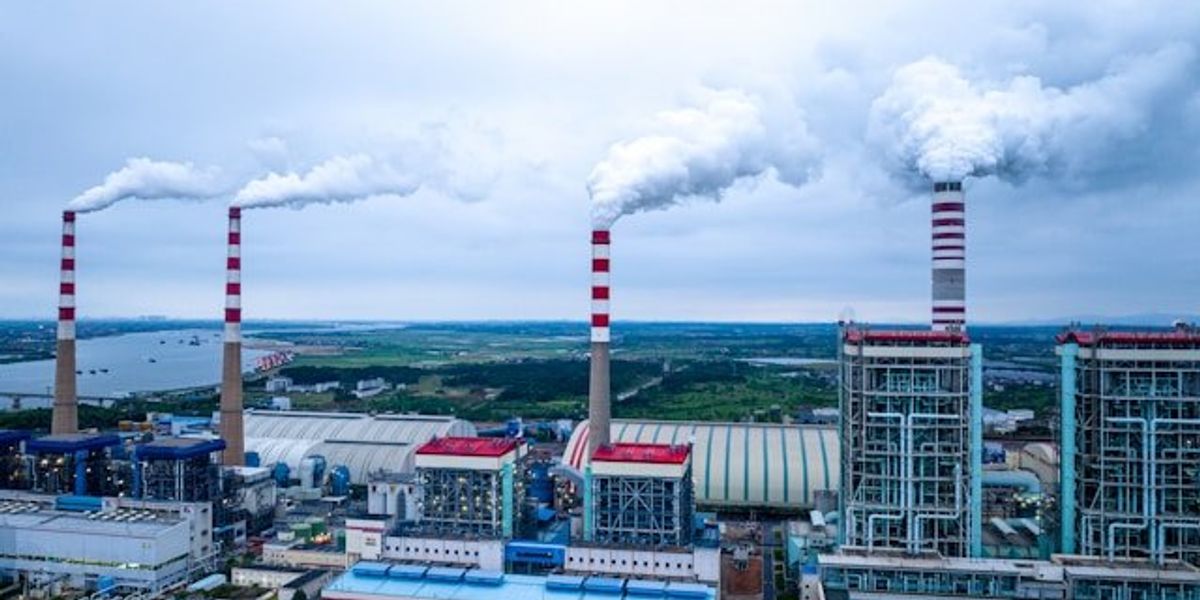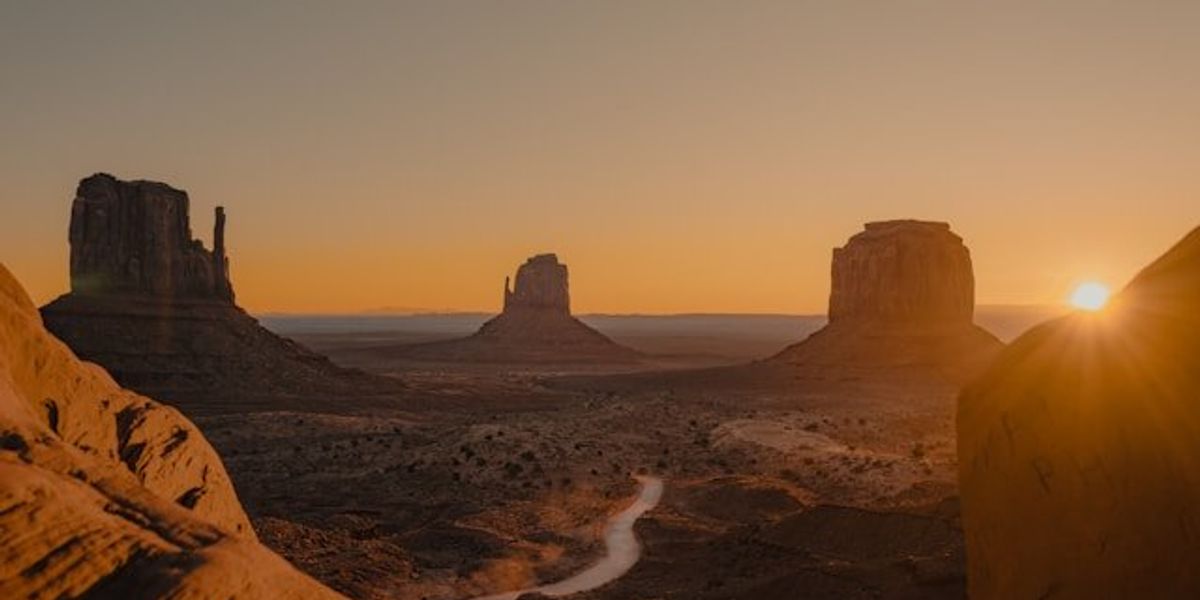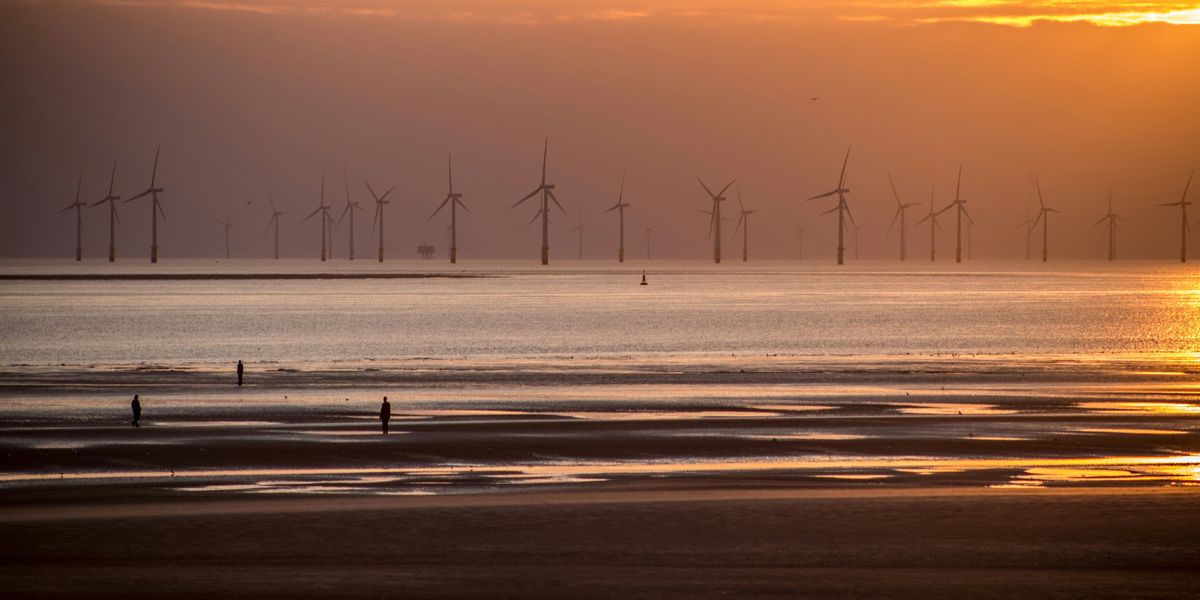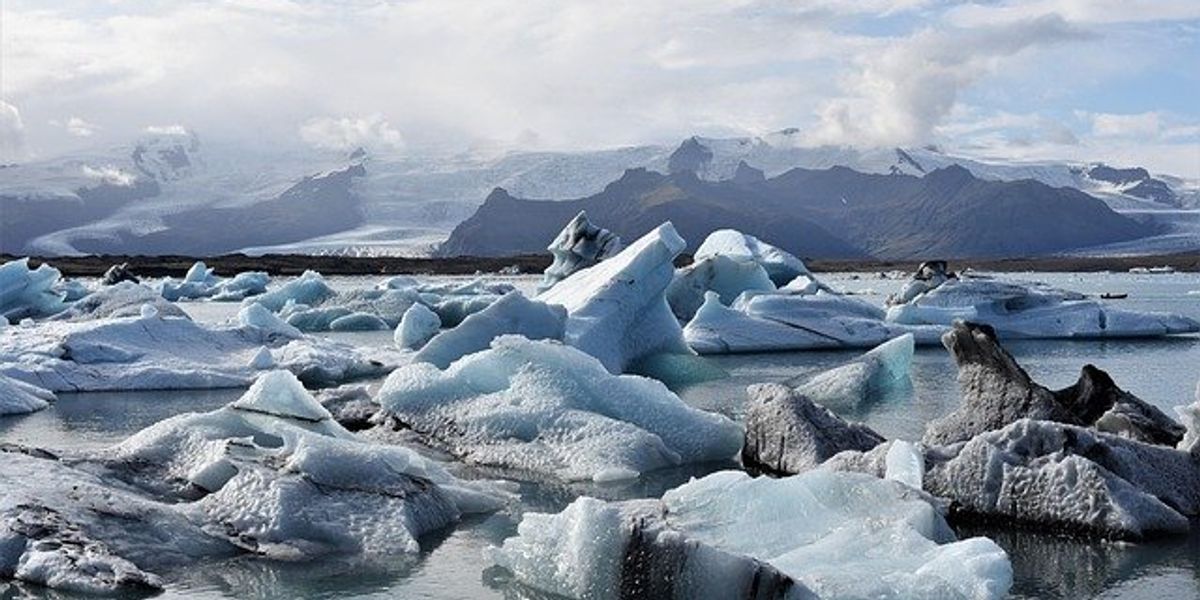
Arctic spring heatwave linked to fossil fuel emissions shattered century-old records
A record-setting May heatwave in Iceland and Greenland was made roughly 3°C hotter by human-caused climate change, according to new research.
In short:
- Scientists from the World Weather Attribution group found that climate change intensified May's Arctic heatwave, causing Greenland’s eastern region to hit 14.3°C and Iceland to set a national May record of 26.6°C.
- The heat triggered ice melt in Greenland at 17 times the normal rate, disrupted Inuit travel and hunting traditions, and strained health systems in Iceland unaccustomed to heat-related illness.
- Researchers say the Arctic is warming more than twice as fast as the global average, and further warming could push ice loss past irreversible tipping points, accelerating sea level rise and altering global weather systems.
Key quote:
“In recent years, my colleagues and I in the Climate Group at the Icelandic Meteorological Office have noticed unusual weather extremes, such as rainfall events that far exceed in rainfall duration and amount, anything expected based on prior data. In short the old statistics do not apply.”
— Dr Halldór Björnsson, group leader at the Icelandic Meteorological Office
Why this matters:
The Arctic is warming faster than any other region on Earth. This rapid heating — driven in part by vanishing sea ice that once reflected sunlight — threatens both the ecosystems and people who have lived there for generations. Inuit communities in Greenland depend on stable ice for travel and subsistence hunting. As that ice thins and disappears, their access to food and mobility shrinks. But the melting of the Greenland ice sheet isn’t just a local concern. It contributes to rising sea levels that put low-lying islands and coastal cities around the world at risk. Scientists warn that this melting could eventually disrupt major ocean currents like the AMOC, which plays a crucial role in regulating global climate. What happens in the Arctic ripples outward, affecting health, migration, weather, and food systems everywhere.
Learn more: Arctic heat surges to unprecedented levels

